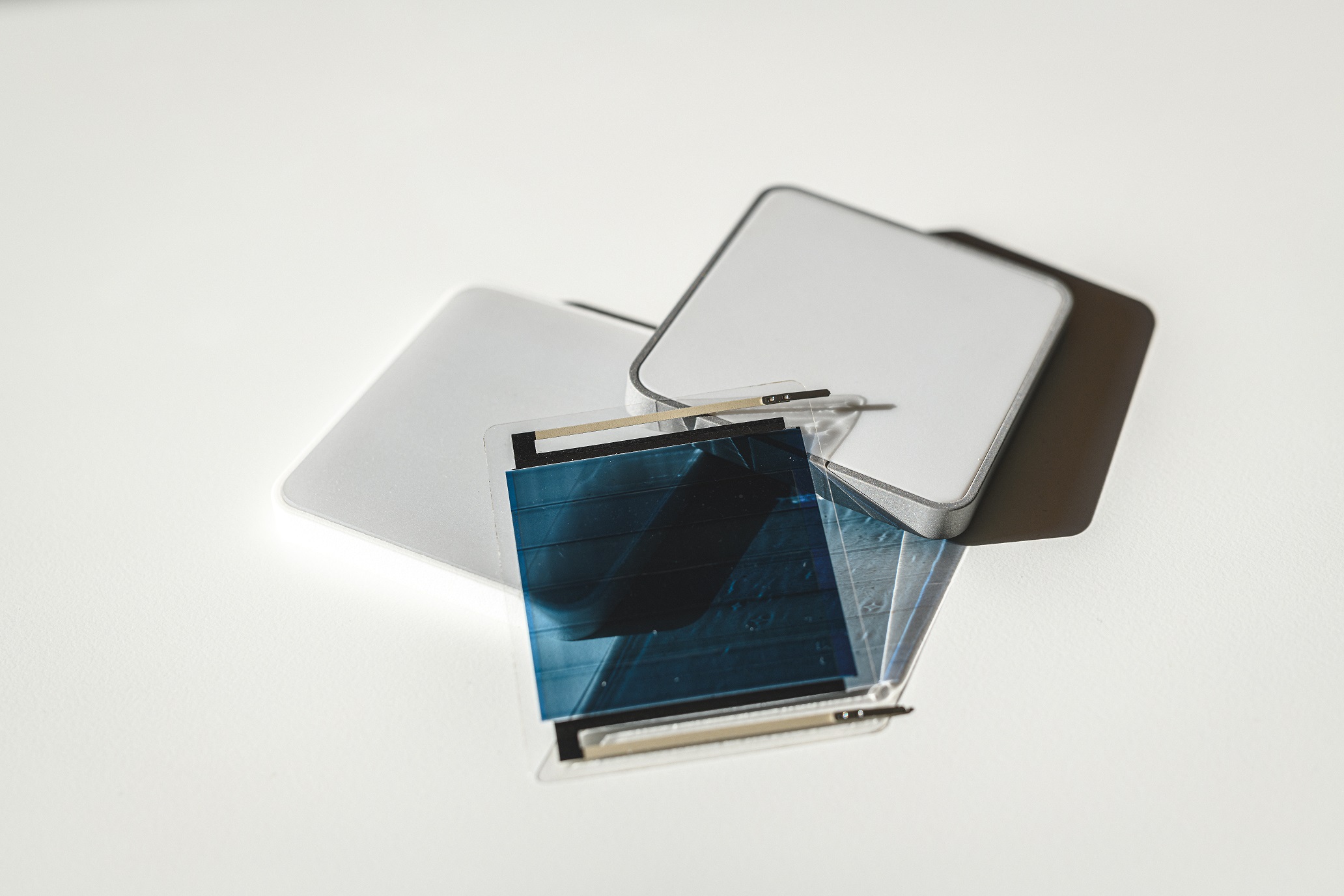AxSol invests €8mn in Epishine low light IoT solar cells

Epishine has developed a pioneering, patented process for printing organic solar cells with low-light efficiency.
Now the company has launched its first product on the world market, a small-scale solar cell that harvests indoor light to supply power to Internet of Things (IoT) products. Epishine has received SEK80 million (€7.91 million) aiming to position itself as the market leader in printed solar cells.
AxSol, the solar energy group of Swedish family-owned conglomerate Axel Johnson, has over the past two years made four investments in Nordic solar energy companies and has led the current financing round in Epishine. AxSol is joining previous investors, such as Almi Invest GreenTech, Karl-Johan Persson’s investment company Philian, Beijers Ventures and Vigo Carlund. With this financing round, AxSol becomes Epishine’s largest individual shareholder with an ownership share of 20%.

Epishine was founded in 2016 on the basis of more than 30 years of research in organic electronics and photovoltaics. The company, located in Linkoping, Sweden, has with great success in the past year developed its thin, flexible organic solar cells optimised for harvesting indoor light.
The increasing demand for optimised energy solutions for wirelessly connected IoT devices creates strong growth opportunities for Epishine’s technology, with application capabilities across a wide range of low-energy indoor product categories. In addition to the initial products’ focus on prop-tech, to in-store product and price signage, the solar cell’s applications include wireless sensors, electronic locks and smoke alarms within the real estate sector.

Johan Bergstrom
Johan Bergstrom, CEO, AxSol comments, “Epishine has developed a groundbreaking technology that has now been proven to work in lab scale as well as for commercial applications. The company is thus entering an extremely interesting phase and AxSol is very happy to be a part of Epishine’s continued development and success.
The team’s solid knowledge and proximity to the research front in organic solar cells, combined with the rapidly growing interest in power supply of IoT products indoors, creates an exciting platform for continued development and growth.”

Boris Gyllhamn
Boris Gyllhamn, investment manager, Almi Invest GreenTech AB says, “Providing wireless IoT devices with eternal life is a natural and necessary step in reducing our CO2 footprint on the road to a sustainable society. I am very impressed with Epishine’s team that have managed to take the new technology from the lab to a commercial launch in an extremely short period of time.”
Mattias Josephson, co-founder and VP business development, Epishine, adds, “The capability for printed solar cells is limitless in the ongoing energy transition. We decided early on to start with small solar cells with a focus on indoor IoT, where traditional solar cell technologies have been inadequate.

Mattias Josephson
It feels extremely satisfying that the electronics world is now following the development we predicted and that companies from all over the world are looking at solutions to avoid the costs and problems associated with battery replacement and at the same time reduce the negative environmental impact from disposable batteries.
“We are at the beginning of a global technology shift where, thanks to this issue, we can accelerate the work of becoming a market leader in printed solar cells an area where we will see increasingly large-scale applications,”says Josephson. “We think that Axel Johnson’s substantial investment in solar energy through AxSol is a fantastic initiative, one which we feel very good to be a part of.”
Comment on this article below or via Twitter @IoTGN
